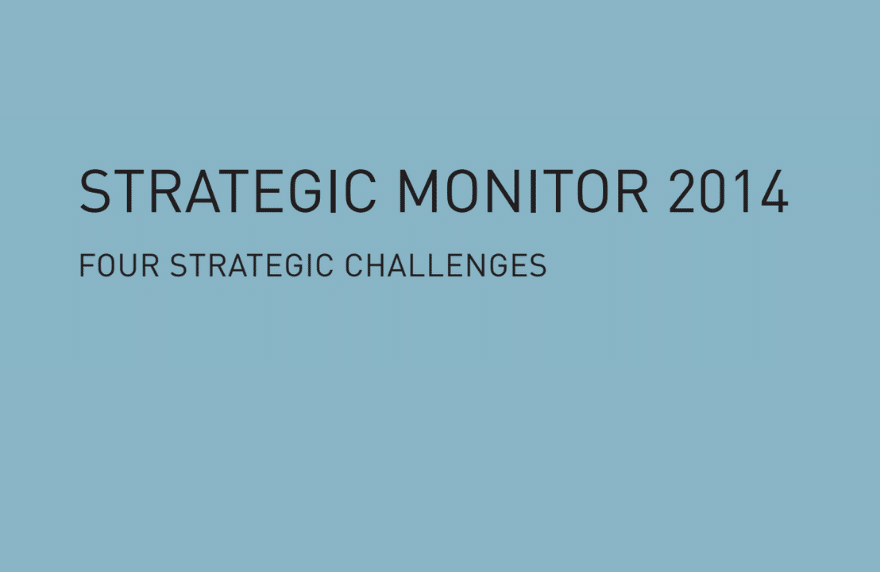Research
As the source of Asia’s major rivers, the Tibetan Plateau is of great strategic significance for China and the region. People from Vietnam to Pakistan depend for their livelihood and further development on the water of these rivers. Yet, climate change causes Tibet’s glaciers to melt and its permafrost to thaw, with enormous implications for the security and well-being of millions of people downstream.
The aim of this conference was to bring together water and security experts from Asia and Europe to gain a better understanding of the complex challenges the melting of the glaciers on the Tibetan Plateau poses. Understanding the consequences of climate change on the Tibetan Plateau is a first step towards designing an appropriate regional response. Because, as history shows, water can be a source of cooperation between peoples and countries.
It was a special honor to welcome His Holiness the Dalai Lama in our midst. His deep knowledge of environmental issues in Tibet and his emphasis on cooperation between Chinese and Tibetan scholars inspired us to think about innovative strategies to adapt to the changing circumstances and to manage these shared water resources for the benefit of all people concerned.
The effect of climate change on the water reserves on the Tibetan Plateau is a topic that deserves further analysis by scholars and policymakers in Asia and beyond. It is my sincere hope that this roundtable has contributed to greater understanding of this important issue.





